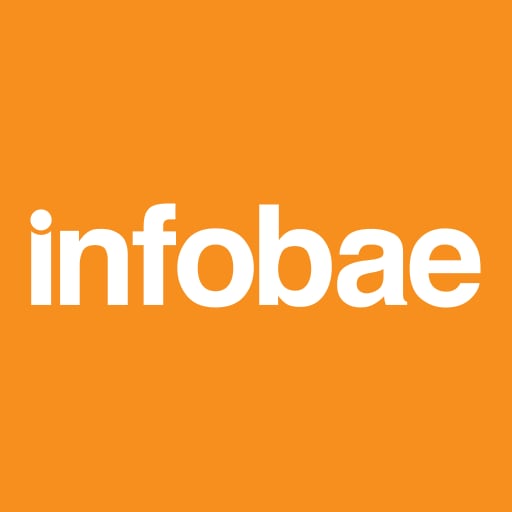US / Iran.- US says it is “ready” to lift some sanctions on Iran when it complies with nuclear deal

Madrid, 10 (Europa Press)
According to a senior United States Department official, the United States is “ready” to lift some sanctions imposed on Iran, as it again “fulfills its obligations under the nuclear deal.”
At a press conference on the United States’ participation in the Vienna Summit on the Joint Comprehensive Action Plan (JCPOA), the senior official said that Washington would withdraw the sanctions that are “inconsistent with the agreement and with the benefits that are due to be reached”. Received from “, but indicated that” are valid restrictions.
He said, “The United States reserves the right to impose sanctions for non-nuclear reasons, whether terrorism or human rights violations or interference in our elections, among others”.
Iran has on several occasions insisted that the United States first have to return to the agreement, then Tehran will commit to full compliance with it and the US administration will lift sanctions sanctioned in the Donald Trump era.
In this regard, the senior official has said that “it is not an easy process” because “the Trump administration made it difficult for his successor to resume the agreement.”
“We have to make efforts, dutiful efforts, to review the sanctions for what they are, what people should be lifted and which ones should be retained to rejoin the JCPOA,” he said.
The senior official has said that, in indirect talks at the summit, Iran has not been provided with a list of sanctions that the United States would be ready to eliminate and warned that the two sides are moving towards an “impasse” Huh. Complies with its demand that the United States lift all sanctions.
“There is still a question of whether the seriousness of the objective and the intention to return to compliance show that the United States has shown that there will be reciprocation on the part of Iran,” he also questioned.
The Joint Commission of the Iran Nuclear Agreement has completed the first round of the process to facilitate the United States withdrawal in Vienna this Friday and after a positive meeting, it is called next week to continue work.
The European Union, which serves as the Coordinator of the Commission for Monitoring the Nuclear Agreement, reported that groups of experts have informed the parties about the possibilities of guaranteeing nuclear implementation and sanctions.
“Participants focus on constructive and result-focused exchange,” the European Union said in a statement on the process opened by the European Union to sign the United States withdrawal agreement in 2015, as well as Iran’s guarantee that Is committed to its full compliance.
In relation to the negotiations, the senior US official said there are “some indications” of Tehran’s intention to comply with the agreement, “but not enough.”
“There is still doubt about whether Iran is prepared to do what is necessary,” the senior official said, adding that the talks would be “better” if they could sit directly with the Iranians.
As such, the US official has indicated that negotiations for a possible withdrawal of the nuclear deal are “the first step in the first phase”.
Binary procedure
Launched last Tuesday, the diplomatic process seeks to design a choreography that allows the parties to re-commit to the agreement, based on the work of expert groups. The idea is to take advantage of the “window of opportunity”, which represents the arrival of Joe Biden in the White House, who has shown his willingness to lift sanctions against Tehran.
The European bloc plays an important role as an intermediary, with the aim of preserving an agreement that it considers necessary for stability and security around the world. In Vienna, political work is coordinated by the Spanish diplomat Enrique Mora, deputy secretary-general of the European Union’s Foreign Action Service, who in recent times has intensified contact with all parties to the agreement, as well as with Washington.
To this end, for the past ten days, Mora has held meetings with delegations from Iran, Russia, China, France, the United Kingdom and Germany, and separately, the United States, to discuss the future of the Joint Comprehensive Plan (PAIC ), The technical name of the nuclear deal. This phase is likely to last several months and will not be resolved until after the Iranian presidential elections due next June.

“Wannabe troublemaker. Pop culture fanatic. Zombie nerd. Lifelong bacon advocate. Alcohol enthusiast. Tv junkie.”









